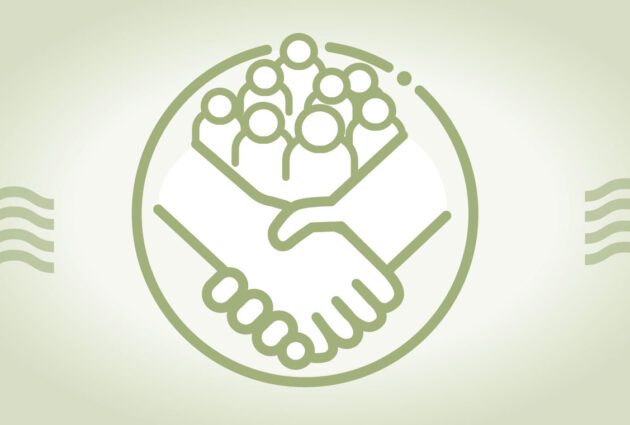Health Equity and the Role of Partnerships: Our Safe, Healthy and Beautiful Neighborhoods
At a Glance
This project led by Common Wealth Development, Inc. aimed to improve health outcomes and advance health equity in Madison’s Meadowood community. Members of this community face barriers to several social determinants of health, and these disparities contribute to poorer health outcomes. Substantial progress was made through a coordinated care model and community engagement efforts, resulting in over 235 job placements and enhanced access to health care for more than 300 individuals. Flexibility in response to the COVID-19 pandemic strengthened the project’s sustainability by transitioning to online services and implementing an effective data management system.
The Challenge
The Meadowood community of Madison, Wisconsin faces barriers to various social determinants of health, including housing stability, limited economic opportunities and inadequate access to health care services. Marginalized populations within the community are disproportionately affected and these disparities contribute to poorer health outcomes and exacerbate existing inequalities. Therefore, there was a pressing need for targeted interventions and community-driven initiatives to address the root causes of these disparities and promote health equity within the Meadowood neighborhood.
Project Goals
The goals of this project were focused on addressing key social determinants of health with the aim of improving health outcomes and promoting health equity within the Meadowood community, by:
- Reducing turnover and stabilizing housing,
- Increasing the number of people employed and
- Increasing connectivity to services.
Results
This project made substantial strides in advancing health equity in Madison’s Meadowood neighborhood. By implementing a coordinated care model and fostering community engagement, the team reduced turnover and stabilized housing for participants, facilitated over 235 job placements and improved access to essential services for over 300 individuals. Notably, partnerships with organizations like Job Shop and Meadowood Health Partnership served over 240 job seekers and enhanced access to health care, respectively.
The team adapted in response to the COVID-19 pandemic and shifting job market dynamics by altering service delivery methods and strengthening data collection processes. Support services were transitioned to online platforms and in-person services were later reintroduced with safety measures. A dedicated data management system, Case Flow, was adopted, allowing for more efficient tracking of participant progress and program outcomes. Focus groups and surveys were also used to gather qualitative feedback informing program improvements.
